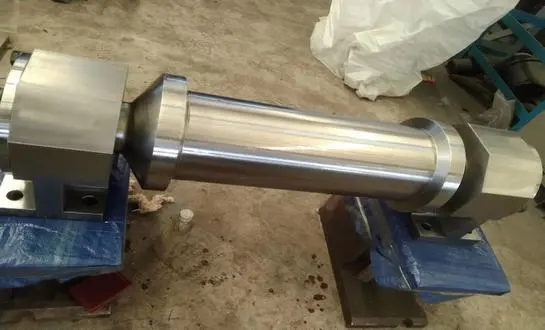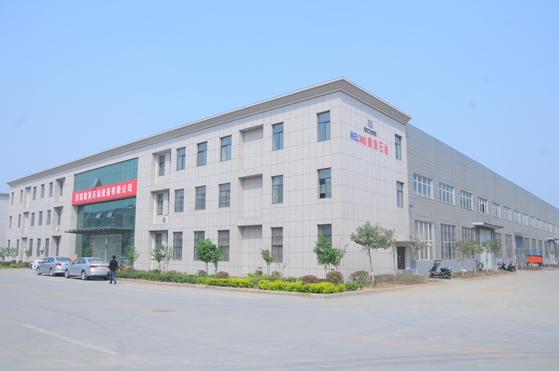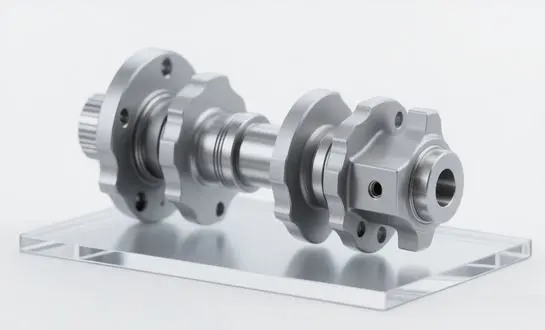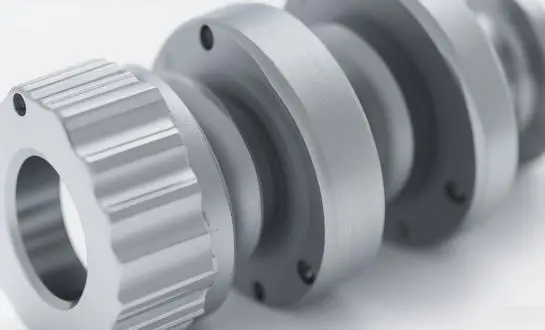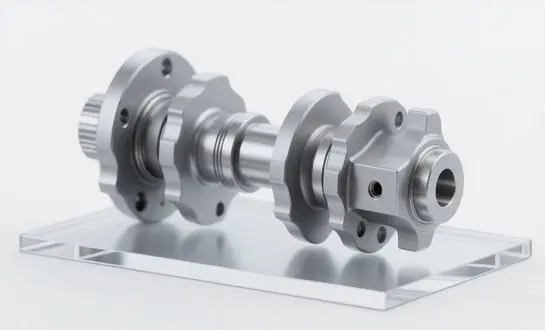Types of Steel Rolls: Choosing the Right One
The world of steel mill rolls is diverse, with each type designed to excel in specific applications. Understanding your options is crucial for optimizing your rolling process.
Work Rolls: The Precision Performers
Work rolls are the primary contact point with the metal being processed. They come in various materials and surface treatments:
- High-Chrome Steel Rolls: Ideal for cold rolling, offering excellent wear resistance and surface finish.
- High-Speed Steel (HSS) Rolls: Perfect for hot rolling, combining high hardness with thermal stability.
- Tungsten Carbide Rolls: Suited for precision rolling of thin materials, providing exceptional hardness and wear resistance.
Backup Rolls: The Support System
Backup rolls provide the necessary support to work rolls, ensuring even pressure distribution:
- Forged Steel Backup Rolls: Offer high strength and durability for demanding applications.
- Cast Iron Backup Rolls: Provide excellent thermal properties and cost-effectiveness for certain mill configurations.
Intermediate Rolls: The Balancing Act
In multi-roll mills, intermediate rolls play a crucial role in load distribution and shape control:
- Composite Intermediate Rolls: Combine different materials to optimize performance and lifespan.
- Continuously Cast Iron Intermediate Rolls: Offer a balance of hardness and toughness for versatile applications.
Selecting the right type of roll involves considering factors such as the material being rolled, desired surface finish, production speed, and overall mill configuration. Customized steel mill rolls can be engineered to combine the best attributes of different roll types, creating a solution that's perfectly tailored to your specific needs.
Customization Process: From Design to Delivery
The journey from concept to implementation of customized steel mill rolls is a meticulous process that ensures every detail meets your exact specifications.
Initial Consultation and Requirements Analysis
The customization process begins with a thorough analysis of your rolling mill requirements. This involves:
- Assessing current production challenges and goals
- Analyzing mill configuration and operational parameters
- Identifying specific material properties and surface finish requirements
Design and Engineering Phase
Once requirements are established, the design team gets to work:
- Creating detailed 3D models and simulations
- Optimizing roll geometry for specific applications
- Selecting appropriate materials and surface treatments
- Conducting finite element analysis to predict performance
Manufacturing and Quality Control
The production of customized steel mill rolls involves state-of-the-art manufacturing processes:
- Precision forging or casting of roll bodies
- CNC machining to achieve tight tolerances
- Advanced heat treatment for optimal hardness and microstructure
- Surface engineering techniques such as chrome plating or texturing
- Rigorous quality control checks at every stage
Testing and Validation
Before delivery, each customized roll undergoes comprehensive testing:
- Ultrasonic testing for internal integrity
- Dimensional and surface finish inspections
- Hardness and material composition verification
- Dynamic balancing to ensure smooth operation
Delivery and Installation Support
The final stage involves carefully packaging and transporting the rolls to your facility. Expert technicians can provide installation support and guidance to ensure optimal performance from day one.
This comprehensive customization process ensures that your customized steel mill rolls are not just products, but solutions tailored to elevate your rolling mill's performance to new heights.
Performance Boost: Tailored Rolls vs. Standard Ones
The decision between customized and standard steel mill rolls can significantly impact your operation's efficiency and output quality. Let's explore the key advantages that tailored solutions offer over their off-the-shelf counterparts.
Enhanced Productivity and Efficiency
Customized steel mill rolls are designed to optimize your specific production processes:
- Increased throughput due to rolls engineered for your exact mill configuration
- Reduced downtime with rolls that match your maintenance schedules
- Improved energy efficiency through optimized roll geometries and surface treatments
Superior Product Quality
Tailored rolls can significantly enhance the quality of your finished products:
- Better dimensional accuracy and thickness consistency
- Improved surface finish and texture control
- Enhanced flatness and shape control for demanding applications
Extended Service Life
Customization allows for the selection of materials and treatments that maximize roll lifespan:
- Increased wear resistance through application-specific hardening techniques
- Optimized roll profiles that distribute wear more evenly
- Tailored cooling strategies to prevent thermal fatigue and cracking
Adaptability to Changing Market Demands
Customized steel mill rolls provide the flexibility to adapt to evolving production requirements:
- Ability to quickly switch between different product grades and specifications
- Easier integration of new materials or processing techniques
- Potential for modular designs that allow for quick changes or upgrades
Cost-Effectiveness in the Long Run
While the initial investment in customized rolls may be higher, the long-term benefits often outweigh the costs:
- Reduced overall operational costs due to improved efficiency
- Lower maintenance and replacement frequency
- Potential for recycling and refurbishing, extending the lifecycle of the investment
Steel mill rolls may be fine-tuned to meet the specific needs of each manufacturer, leading to noticeable improvements in productivity and efficiency. Your steel mill will be more efficient, productive, and competitive with our individualised strategy that optimises the roll design for your unique demands.
Conclusion
To wrap things up, there is a plethora of choice when it comes to Customized Steel Mill Rolls that may improve your rolling processes. Making educated judgements that will lead your steel mill into future efficient and high-quality production requires careful consideration of the various roll types, a comprehensive customisation process, and an awareness of the performance benefits of personalised solutions. We can assist you in investigating the potential impact of personalised rolls on your business. Contact us at oiltools15@welongpost.com to discuss your specific needs and discover the perfect customized solution for your steel mill.
